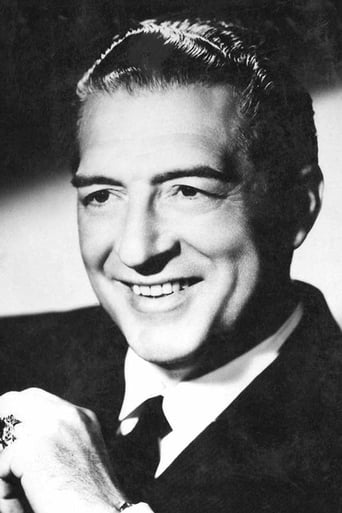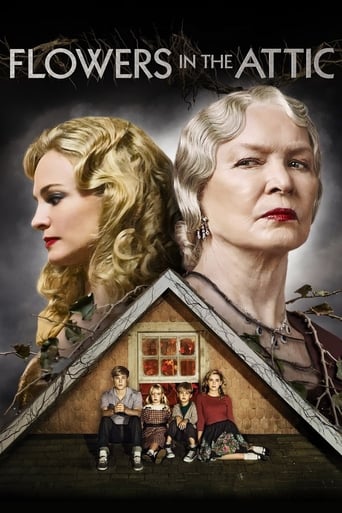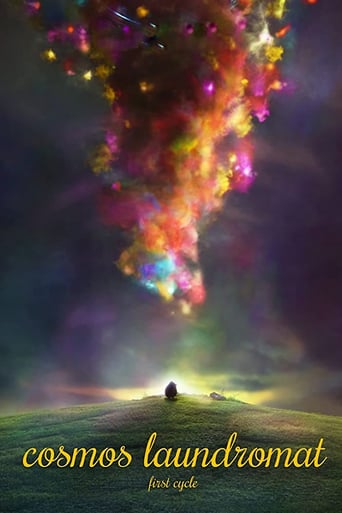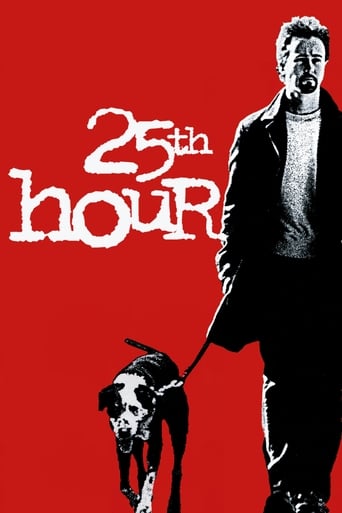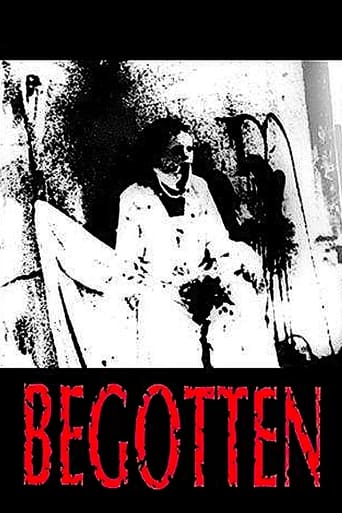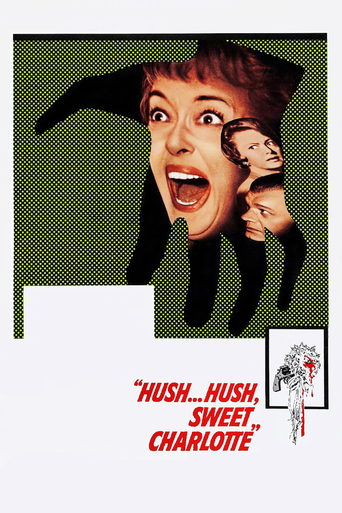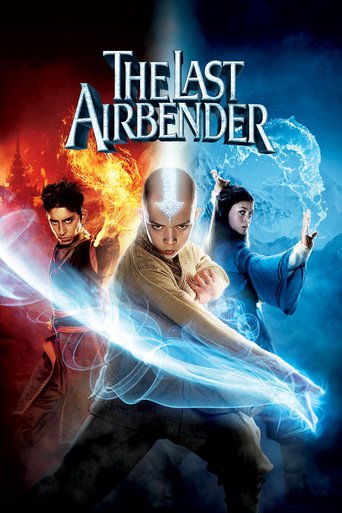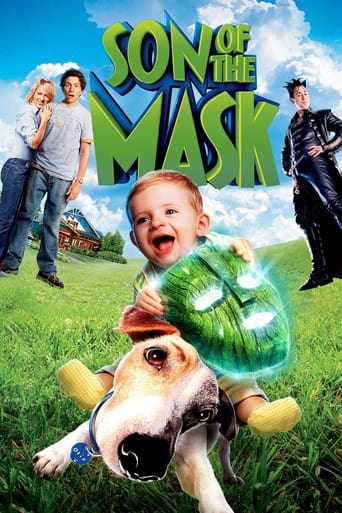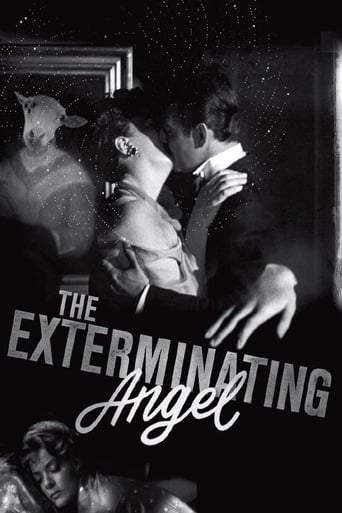
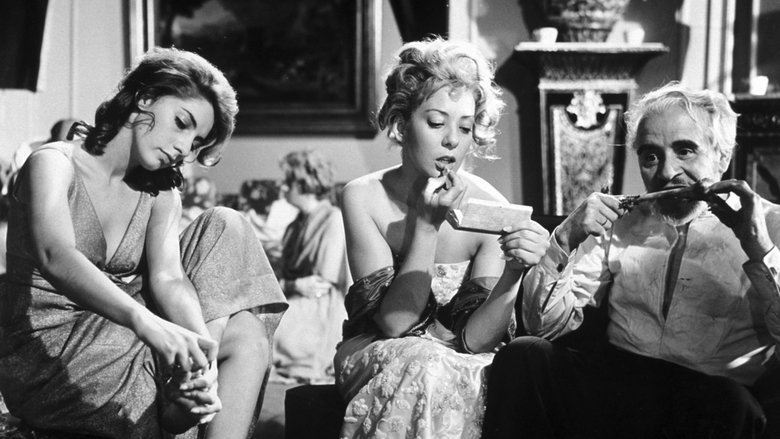
The Exterminating Angel (1962)
After a lavish dinner party, the guests find themselves mysteriously unable to leave the room.
Watch Trailer
Cast
Similar titles

Reviews
Absolutely brilliant
The film never slows down or bores, plunging from one harrowing sequence to the next.
Like the great film, it's made with a great deal of visible affection both in front of and behind the camera.
This film is so real. It treats its characters with so much care and sensitivity.
a satire. a bitter portrait of a too old reality. a parable. or only a story by Bunuel. like each of his films, a challenge. or more than one of challenges. because it represents more than a social critic. the motif - it is the story of contemporary realities more than one of the "60's. the isolation. the captivity, the need to return to old formulas for become, again, part of normal are traits of a film with virtue of warning. and this could be the cause for it remains, long time after you see, present in memory. as a dark picture of a world defined by fear and instinct.
Directed by Luis Buñuel (Land Without Bread, Viridiana, Belle de Jour, Tristana, The Discreet Charm of the Bourgeoisie), this Spanish film featured in the book 1001 Movies You Must See Before You Die, I hoped along with the positive reviews I read it would be deserved. Basically wealthy society couple Señor Edmundo Nobile (Enrique Rambal) and his wife Lucía (Lucy Gallardo) invite a group of twenty friends for formal dinner, following an evening at the opera, at their lavish mansion in Mexico City. The house servants one by one are called away or for various reasons leave the estate, and after dinners the guests adjourn to the music room where guest Blanca (Patricia de Morelos) plays the piano, and later when they may normally return home, the guests remove their jackets, loosen their gowns and settle down for the night on couches, chairs and the floor. In the morning, for an unknown reason, it is apparent they are trapped in the music room, not physically but psychologically, unable to leave the guests consume what little water and food they can find from the previous night's party. Days go by, the plight for the guests becomes intense, they quarrel, become hostile and hysterical, only Doctor Carlos Conde (Augusto Benedico) manages to keep his cool and with logic and reason guides the guests through the ordeal. Elderly guest Sergio Russell (Antonio Bravo) dies, his body is placed in a large cupboard, later a young couple due to be married, Beatriz (Ofelia Montesco) and Eduardo (Xavier Massé), lock themselves in a closet and commit suicide. Meanwhile the guests manage to find a water source, breaking through the wall and a water pipe, several sheep and a bear break loose from their bonds and find their way into the room, the sheep are taken and slaughtered and roasted. Dr. Conde reveals to Nobile that Leonora (Bertha Moss), one of his patients, is dying of cancer, a secret supply of morphine is used keep her fit, but the drugs are stolen by brother and sister Francisco (Xavier Loyá) and Juana (Ofelia Guilmáin). One of the guests Ana Maynar (Nadia Haro Oliva), a Jew and a practitioner of Kabbalah, fails to free the others performing a mystical ceremony. Eventually, Raúl (Tito Junco) suggests Nobile is responsible for their predicament and must be sacrificed, only Dr. Conde and noble Coronel Alvaro (César del Campo) oppose the angry mob, Nobile offers to take his own life, but then young foreign guest Leticia 'La Valkiria' (Silvia Pinal) sees everyone is in the same position as when it all began. On the instructions of Leticia the group reconstruct the conversations and movements from the night of the party and discover they are free to leave the room, local police and the servants are gathered outside the manor, they found themselves similarly unable to enter. To give thanks for their rescue, the guests attend a ceremony at the cathedral, when the service is over, the churchgoers and the clergy find that they are trapped, it is unclear if those trapped in the house before are now trapped again. The house guests seem to have disappeared, the situation is the church is followed by a street riot and the military step in, the last scene sees a flock of sheep entering the church, and the sound of gunshots. Also starring Jacqueline Andere as Alicia de Roc, Luis Beristáin as Cristián Ugalde, Claudio Brook as Julio the Steward, Rosa Elena Durgel as Silvia and Enrique García Álvarez as Alberto Roc. I admit the first twenty minutes or so I was gripped, it was just simply the gentle upper class party atmosphere, but once you realise the guests are trapped with seemingly no way out, becoming almost crazed and retracing their steps to solve the problem, it does become interesting, there were some stand out and chilling moments, overall it was a satisfyingly darkly comedic in part satirical drama. Good!
Due to the simplicity of the conflict this film lends itself to countless interpretations. It is, therefore, a movie to be thought while being seen. A challenge, a riddle without a solution. A seed of conversation and reflection. In some sense, The Exterminating Angel is a fairy tale, a simple expression of an atom of drama, as deeply irrational as fortune and, overall, life. It is here where the surrealists come in, to show us that irrationality directly, to display that universal strangeness which we like to adjudge to dreams, although its origin actually escapes us. The movie does indeed feel like a dream and, more relevant in my opinion, like a feeling, an expression of that trick we all know, when the mind suffers for something that its actually easily solvable, but the action just never arrives, blocked somehow by a guard that tells us that life without tension is not life. In the movie, the scenes that take you out of this mind prison sadly release this tension, and thus the play looses some of the precious pressure that so skillfully builds; it is anyway a masterpiece, an excellent portrait of the common ineffable.
Movie which I found by Woody Allen. Movie, that is more ideas than acting and directing. Movie, surrealistic (what a word!) and with this Spanish film director I mark our future goal.I prefer to accept the story as theoretical setting, presenting the bubble of happiness of the rich class in society - the so-called "elite" who never gave up their status and would not admit it to someone lower. Which has amazing, but genteel, tact, dialogue and decency. Elite, whose enemy is his own members.Placed under force majeure circumstances, its representatives are ready to strip the clothing of pretence and show their essence. Before they reach the lowest point in their moral degradation they will go through disregard of age limits or gender differences, violation of art, arrogance, egoism and savagery. Instead of looking for a way to save themselves (understand the world), they stare at each other (like different countries), seeing enemies into each other and are ready to kill each other. In this headlong fall, they quickly recall despicable habits that would attribute to ordinary people's daily needs - they are enjoying the water like champagne. They are able to even eat paper (which I never thought about) indicated by the servant in the film. And what else can be shown in the removing of their elegant shell when they are bored with life, feel inner hate for him, show coldness of empty man, are lost in fashions (e.g. shaving men's legs) and hate the so-called refinement.In such a society salvation find only the dead, lovers, scientists, those who take opium. Outside this society one can be lonely beast, or being an innocent lamb, he immediately would be harnessed to the needs of the elite. This whole farce would not end if eventually they have not reach their greatest meanness, only then the memory of its former heights would rise and to make way for the opportunity to sort out the real worth of the human existence.Perhaps the question why we see this happening is irrelevant. Maybe the right question is how long we will allow to happen?http://vihrenmitevmovies.blogspot.com/


